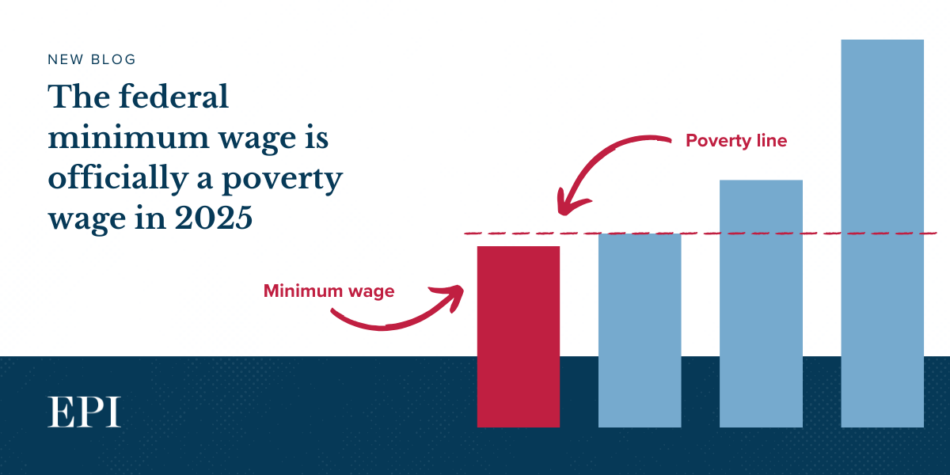US Department of the Interior Accelerates Fossil Fuel Project Approvals Amid Controversy

In a significant policy shift last week, the US Department of the Interior announced that it would expedite the approval process for certain fossil fuel projects. This decision aims to drastically reduce the time required for environmental analyses from years to a maximum of just one month. While this new approach appears to be a boon for the fossil fuel industry, experts suggest it may pose serious challenges for pipeline developers, drillers, and miners across the nation.
Sam Sankar, a senior vice president at Earthjustice, the largest environmental nonprofit organization in the United States, expressed sharp criticism regarding the new procedures. He stated, "If I were a developer of any of these projects, I would look at this order and smack my forehead. I dont want my project to be authorized pursuant to these laughable procedures. It wont hold up in court." His comment highlights the concern that the rushed approvals could undermine the legitimacy of future projects.
The revised procedures leverage an executive order issued by President Donald Trump during the early days of his administration, which declared a "national energy emergency." This order permits the shortening of timelines for federal reviews, including those related to environmental impacts and cultural landmarks. Under the new policy, reviews that typically require a year to complete are mandated to finish within just two weeks. More extensive assessments that may normally extend beyond a year must now be concluded in under a month.
However, many experts argue that these accelerated timelines are so drastically shortened that they likely conflict with foundational environmental legislation, namely the National Environmental Policy Act (NEPA), the Endangered Species Act, and the National Historic Preservation Act. Compounding these concerns is the ongoing wave of layoffs within the federal government, particularly at the Department of the Interior, where reports indicate that up to 25% of the agencys workforce may face cuts. This reduction in personnel raises alarms about whether there will be enough qualified staff to handle the reviews, which even under normal circumstances would be challenging to fulfill.
This situation leaves projects attempting to proceed under the new expedited timelines vulnerable to legal challenges. Sankar notes that these challenges represent "low-hanging fruit" for individuals who are adversely affected by a project and may seek legal recourse against developers. He further emphasized the importance of public involvement and expertise in the NEPA and Endangered Species Act processes, stating, "The people who wrote NEPA and the Endangered Species Act meant for the public to be involved, meant for real expertise to be applied, and meant for these to be meaningful ways to protect the environment and biodiversity." He contends that compressing these timelines to such an extent undermines compliance and accountability, making many actions taken under the new procedures legally questionable.
Interestingly, these expedited processes are associated with a provision in NEPA that allows agencies to forgo environmental reviews in cases of emergency. Ryan Hathaway, a former Interior employee with over a decade of experience working on NEPA-related issues, remarked that this emergency justification has traditionally been reserved for concrete situations that pose immediate risks to health or safety, such as wildfires or floods. He emphasized that using a vague and broad energy "emergency" as a justification for rapid approvals diverges from the original intent of this legislation.


























